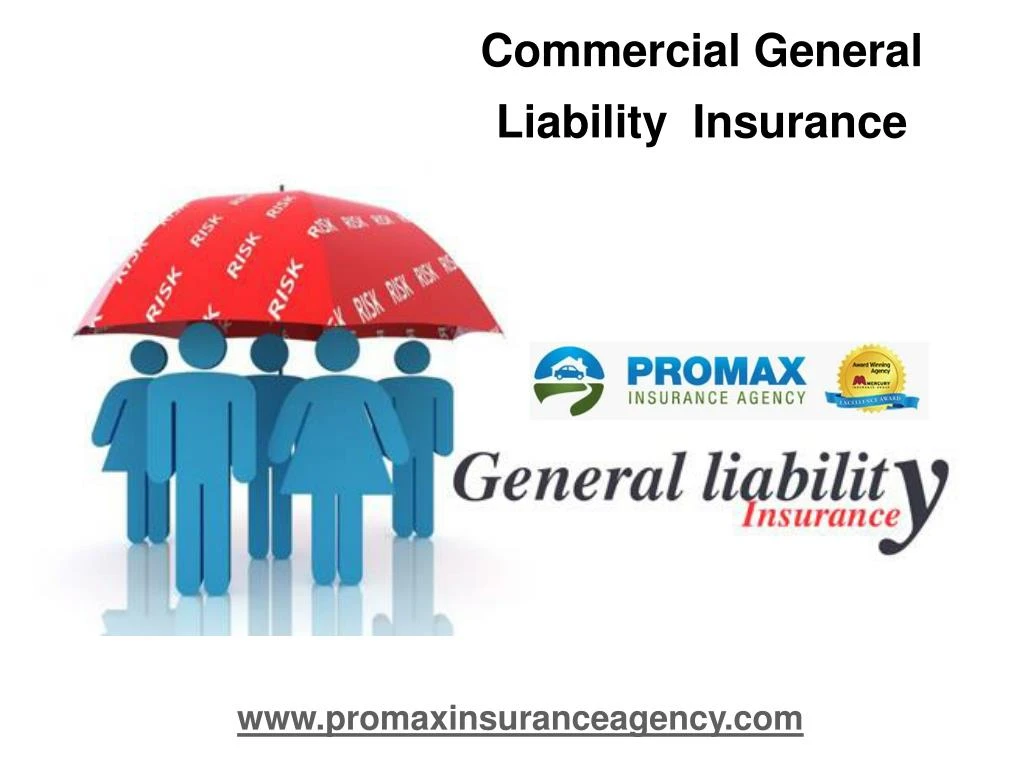What Isn't Covered By House Owners Insurance Policy?

What Makes A House Uninsurable?
- Structures insurance will be a condition of the home mortgage and should be at the very least adequate to cover the impressive home mortgage.These policies commonly match the protection of your property owners insurance.Start your look for home insurance coverage by figuring out the type of insurance coverage you need and determining various other elements that can impact your policy.It covers you from worst-case circumstances and provides you comfort.Nevertheless, if a hurricane splits an opening in your roofing system and rain pours right into your house through the damaged roofing system, the flooding damage sustained would be covered by your home insurance policy.
Products like outside fencings, gates, paths and swimming pools are normally not covered, yet you may be able to include them in your plan for an added premium. A high-risk home is one in a risky location for extreme weather, or one considered an easy target for burglary (though you can set up insurer-approved security systems and locks to reduce the rate). A home is a substantial investment of your money and time and your source of shelter. Protecting yourself against monetary threat should something occur to your home is essential, despite whether you have a home mortgage or you possess your home outright. Though FAIR Strategies exist beyond the volunteer market, to enlist in a FAIR Strategy, you'll undergo a qualified insurer that can obtain you coverage. Typically, insurance provider are certified by your state to sell you insurance.
These plans typically match the insurance coverage of your property owners insurance. Home insurance exemptions specify kinds of damages or loss that your property owners insurance policy will not cover. To put it simply, if your residence is damaged or destroyed by something detailed in the exclusions area of your plan, your home insurance won't cover the cost of repairs. When you purchase a home insurance policy, you'll normally have the choice to pick greater degrees of protection for your home and personal property.Generally, it's constantly a good concept to search when you're seeking to purchase an insurance policy. An agent can assist you compare quotes from various insurance provider. If you work from home, your home may likewise be taken into consideration a place of business. This is especially true if you run a business out of your home that includes clients involving your home for company purposes.
Whether the causes are all-natural (increasing rivers, flash floods) or man-related (burst dams, drain back-ups), they are not typically covered in basic policies. This suggests you obtain the complete replacement expense of items that are lost, stolen or harmed. Nevertheless, some policies will just offer you the quantity that your products are currently worth if you require to make a claim. Make sure you recognize what your plan is using to replace before you take it out. If a governmental or public authority problems or destroys your home or your personal belongings, property owners insurance coverage will not pay to change it. Exact same opts for if you or a relative creates deliberate damages or injury to another person.
Frequently Contrast Plans And Protection

This means if your home or an additional framework on your residential or commercial property is damaged as a result of any one of the complying with, your home insurance provider will not cover the cost of repair work. There are numerous natural disaster occurrences that are not covered by common protection. Criterion house owners insurance generally doesn't cover damages caused by floods.
What's The Difference Between Homeowners Insurance And Condominium Insurance Coverage?
Clearly this is much easier claimed than done, however property owners who own their houses outright will certainly most Have a peek at this website likely see their costs drop. The insurance company figures if a place is 100% yours, you'll take better care of it. Actual cash worth (ACV) covers the price of your house plus the value of your items after subtracting depreciation (i.e., how much the things are presently worth, not just how much you paid for them).